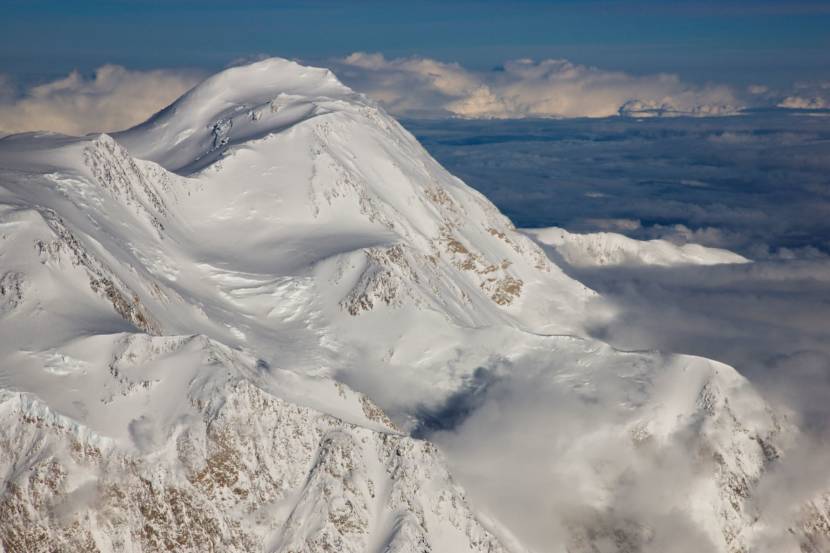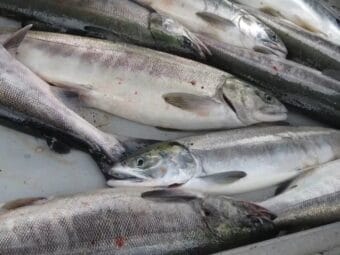
A man climbing Denali in May made a false report of hypothermia in an attempt to get a helicopter rescue after his failed summit attempt on North America’s highest peak, according to federal charges.
Dr. Jason Lance is an Ogden, Utah-based radiologist who now faces charges of interfering with a government employee, violating a lawful order and making a false report.
According to the charges, here’s what happened:
Lance was climbing with another man, named only as “A.R.” in the charges but identified as Adam Rawski by the National Park Service in a May news release, because of what happened next.
Lance and Rawski were ascending Denali’s popular West Buttress route. They weren’t registered as climbing partners, and the charges say they had just teamed up that day at a camp at 14,200 feet.
Higher up, somewhere between 18,600 and 19,200 feet, Rawski started to show signs of altitude sickness. At some point, Lance took Rawski’s Garmin InReach satellite communication device.
Lance left Rawski with another two-person team of climbers and continued up the mountain. The other team decided to abandon their own summit attempt to help Rawski back down.
Later, Lance also turned around and met up with Rawski and the other two climbers. As the four were descending together, with Lance and Rawski unroped, Rawski fell about 1,000 feet down a slope called the Autobahn and lay motionless at the bottom.
Lance hit the S.O.S. button on Rawski’s device. A Park Service helicopter picked up a mountaineering ranger already on the mountain, and they rescued Rawski, who was unresponsive and later listed in critical condition.
Lance still had Rawski’s device, and in subsequent messages with Park Service personnel, he said he didn’t have the right gear to descend on his own. The Park Service continued to tell Lance he needed to get down the mountain and refused to send a helicopter.
The other two-person team, apparently in the same location as Lance, sent a message saying there had been an accident but that they were OK.
According to the charges, Lance sent another message requesting a helicopter evacuation, apparently for the other climbers: “Cant decend safely. Patients in shock. Early hypothermia..”
Later, the other two climbers said they were never hypothermic or in any form of medical shock, and that they had tried for hours to convince Lance to descend.
Lance insisted they stay put and said the Park Service was obligated to rescue them because, “We’ve paid our fee,” according to the charges.
Because of his message about hypothermia, the Park Service did launch a helicopter. But before the helicopter reached them, Lance and the other two climbers had finally started to head down.
Once they were all safe farther down the mountain, a mountaineering ranger with law enforcement credentials tried to talk to Lance about what had happened. Lance said he was a medical professional and could recognize hypothermia, even if the climbers he said were suffering from it disagreed.
Then, in what sounded like a tense exchange, the ranger stood outside Lance’s tent, asking for the Garmin InReach while Lance appeared to be deleting messages from the device. He eventually handed it over, the charges say.
Lance did not immediately respond to a message left at his Ogden, Utah radiology practice. It remains unclear what happened to Rawski.
The incident at the heart of the charges appears to be just one that irked Denali mountaineering rangers during the 2021 climbing season, enough so that they wrote a terse statement about inexperienced, over-eager climbers without the proper gear and the dangers of climbing with unfamiliar, last-minute partners.



